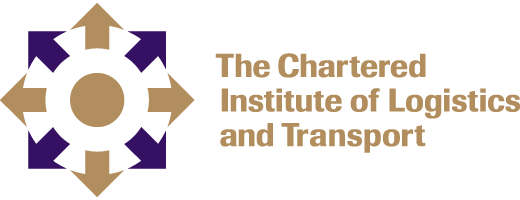CILT is delighted to have been able to work with the project team developing the Universal Logistics Standards. We’ve asked Carla Fibla and Camille Nussbaum from The Institute of Studies on Conflicts and Humanitarian Action (IECAH) to tell us a bit about the latest version:

“It has been an intense journey for the last year and a half, developing the new ULS standards. In October 2020, we launched the pilot version of the Universal Logistics Standards (ULS)* which is now accessible to all those people, organisations and institutions who want to improve the quality and accountability of logistics operations in humanitarian aid.
Based on a review of existing standards, guidelines and best practice, the Technical Advisory Group, made up of more than twenty experts from different parts of the world (including CILT representatives), defined the format and scope of the Standards.
The first draft of the ULS was launched in May 2020 and reviewed in a consultation process involving 190 participants from five regions through a total of 17 sessions in 3 languages.
We were delighted to see members from the CILT family joining in with this exercise.
This process allowed the project team to build on extensive best practice. It also helped to validate and strengthen key features of the Standards:
- These are universal and is important for a wide range of stakeholders to be able to communicate effectively, and understand different terminologies, particularly when there is a crisis.
- The Standards highlight the link between crisis logistics work and core humanitarian principles such as protection and accountability. This is a key difference between the Standards and guidance documents previously available.
- The Standards have been developed as a common reference for the different actors involved in humanitarian response operations. Their format allows all of them to adapt the best practices in the sector to their approach to logistics operations. These are voluntary standards.
Thanks to the recognition of important logistics players, the project team is already working on the pilot phase of ULS to verify, at field level, the usefulness and benefits of Standards ULS. The Pilot version of the handbook is a live document. It will be revised based on the piloting experiences as well as further feedback and recommendations.
We would welcome engagement with CILT members on the Standards going forward.”
Please send any comments to info@ul-standards.org and if you wish to get involved in any pilot projects using the Standards, contact CILT Education Lead Jon Harris
For any Press enquiries please contact carla.fibla@iecah.es
*The ULS project is led by the Inspire Consortium with the support of the European Civil Protection and Humanitarian Aid Operations (DG ECHO)

